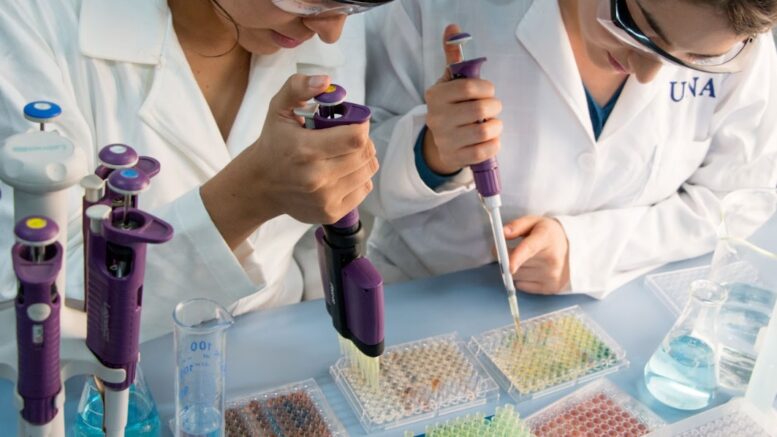Medical labs are a critical element of a wholesome healthcare approach. With the use of specialized testing, medical professionals can test for a variety of illnesses and conditions with excellent accuracy.
This means that an effective medical lab will make health conditions easier to identify and treatment can therefore be offered much quicker. If you’re looking for high-quality services from the facilities of a Houston medical lab, then you’ll need to understand which tests are most relevant to your needs.
In particular, medical lab testing can be separated into three general categories that are determined by what input data is being tested. To help you understand this, we’ll go into depth about the different medical lab test categories now.
Blood Testing
The most common form of medical lab testing is done using blood. This is because your blood is an effective way to show the organs of your body are functioning and how they are interacting with each other.
A good example of this is a hemoglobin test, which will evaluate the levels of hemoglobin in your blood. Hemoglobin is responsible for deploying oxygen from your lungs to the other parts of your body.
With a low hemoglobin count, you can identify that oxygen is not being dispersed effectively. As a result, you may experience fatigue and lightheadedness often. You can then determine what is causing the low hemoglobin count, which can be a product of several conditions like anemia, kidney disease, and multiple cancers.
In addition to hemoglobin tests, blood testing is used to test the levels of components, compounds, and nutrients found within your blood. These are then used to indicate where the issue is and what may be causing it.
Physical symptoms can help provide a rough idea of what may be happening to a patient, but you need blood analysis to understand what the body is internally saying.
Urinalysis
Another popular style of medical lab testing is done through urinalysis. As you likely know, urinalysis is the testing of a patient’s urine.
Specifically, urinalysis is used primarily to test for potential health concerns regarding the kidneys, urinary tract, and liver. It can be used to test for drugs, but urine tests are more concerned with medical irregularities.
Urine is the body’s method of disposing of the waste filtering through your kidneys from your bloodstream. Healthy urine tends to contain the same makeup, both physically and chemically. On the other hand, unhealthy urine can show deficiencies or surpluses of key nutrients.
This means that urine is an excellent way of identifying abnormalities in your waste. Urinalysis is typically performed with both a physical test to identify irregularities in appearance and a chemical test that identifies the specific compounds found in the urine.
One of the best ways to understand how a patient’s body is working is to analyze what their body expels, which a urinalysis excels at.
PCR Testing
The final big form of medical lab testing involves polymerase chain reaction (PCR) testing. This was used extensively during the COVID-19 outbreak, but it can also be used to test for any other pathogen or virus that causes an infection.
PCR testing is incredibly innovative and entails the replication and amplification of specific segments of sample DNA to detect changes. This is particularly effective because it can be difficult to collect viable samples from a patient, so having the ability to create copies provides much greater flexibility.
With coronavirus, PCR testing is used to search for the ribonucleic acid (RNA) of COVID-19. RNA samples are then cloned and converted to DNA to see if the COVID-19 virus then becomes apparent.
PCR testing is effective and serves as a resource-friendly method of medical lab testing for pathogens and other viruses that present themselves in your DNA.
Closing Thoughts
The testing services offered at reputable medical labs can provide powerful information to help diagnose and treat patients. There are many different types of medical tests, so it is important to understand the nuances and then identify the resulting labs that can offer the services you do need.
In particular, medical lab testing can be broken down into three main categories. This includes testing of the blood, urinalysis, and PCR testing. Each style functions differently, but they each serve to indicate problem points with clear data in specific parts of the body.
If you require medical lab testing to help your practice and patients, then you must ensure you work with a lab demonstrating the highest standards and competence. This means better accuracy, quicker results, and a better experience for your patients.
